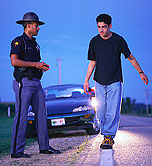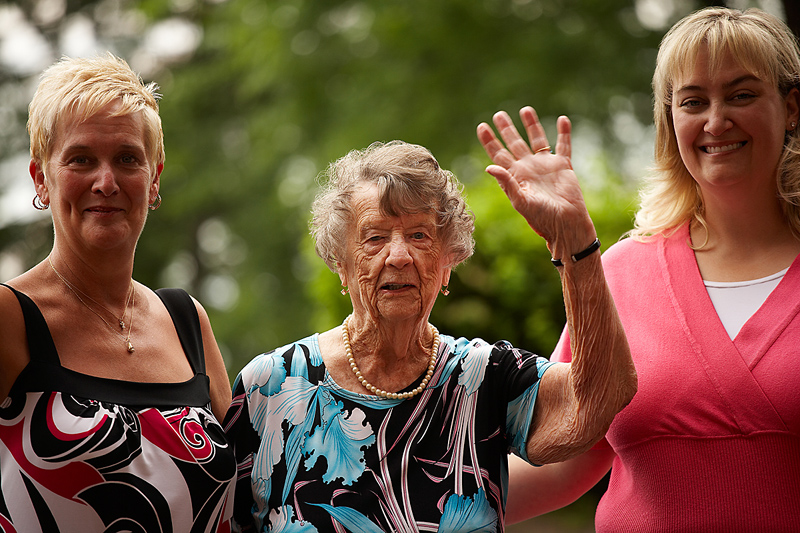
MONDAY, March 17, 2014 (HealthDay News) — Want to make sure your teen doesn’t drive while intoxicated? You might want to start by making sure he or she doesn’t go riding with peers who have been drinking or using drugs.
That’s the message of a new study that found that older high school students are much more likely to drive under the influence if they’ve ridden with intoxicated friends.
The level of extra risk appears to be extraordinarily high, said study author Bruce Simons-Morton, a senior investigator with the U.S. National Institute of Child Health and Human Development.
“It shouldn’t be a surprise that you’re more likely to drink and drive if you’ve been around others who drink and drive and you ride with them,” Simons-Morton said. “But it’s just wildly associated with the risk of driving while intoxicated.”
In the big picture, however, drinking and driving among young people has sharply declined in recent years. A 2012 study from the U.S. Centers for Disease Control and Prevention found that drunken driving among teens fell by more than half between 1991 and 2011, with 90 percent of older high school students saying they didn’t drink and drive in 2011.
The new study presents a grimmer picture. It’s based on several surveys of thousands of high school students in grades 10 to 12, beginning in 2009. Twelve percent to 14 percent said they had driven while intoxicated from drugs or alcohol at least once within the past month. Moreover, 23 percent to 38 percent said they had ridden with a driver who was intoxicated within the past year.
Those who had ridden with intoxicated drivers were especially more likely to drive while intoxicated themselves in their senior years of high school.
The study design didn’t allow researchers to pinpoint in layperson-friendly terms how much more likely the exposed kids are to drive while intoxicated. It also didn’t prove that riding with intoxicated peers directly causes kids to later drive under the influence.
What’s going on? “If you’re in a peer group where driving while intoxicated is acceptable, then you’re going to be exposed to it,” Simons-Morton said. “Having that kind of experience is socializing. It makes it OK.”
Students also were more likely to drive while intoxicated if they had gotten their licenses earlier, although the size of the effect was much smaller than for those who rode with intoxicated drivers. “Part of that is just exposure,” Simons-Morton said. “They’ve been driving more, so their opportunity for driving while intoxicated is greater.”
What to do? Delaying licenses for teens is a good idea, Simons-Morton said, but it’s more important for parents to keep an eye on how their kids get around town. Are they passengers in cars with intoxicated drivers?
Patricia Cavazos-Rehg, an assistant professor of psychiatry at Washington University School of Medicine, in St. Louis, agreed with Simons-Morton. She studies intoxicated driving among teens.
“Parents should set clear boundaries and consequences for the kids,” Cavazos-Rehg said. “The problem of motor vehicle accidents and fatalities among young drivers cannot be overstated. They’re the leading cause of death for youth aged 16 to 20, and currently account for more than one in three deaths in this age group. Drinking and driving compounds this risk and should be prevented at all costs.”
The study appeared online March 17 and in the April issue of the journal Pediatrics.
More information
For more about underage drinking and driving, try Mothers Against Drunk Driving (MADD).
Copyright © 2026 HealthDay. All rights reserved.

